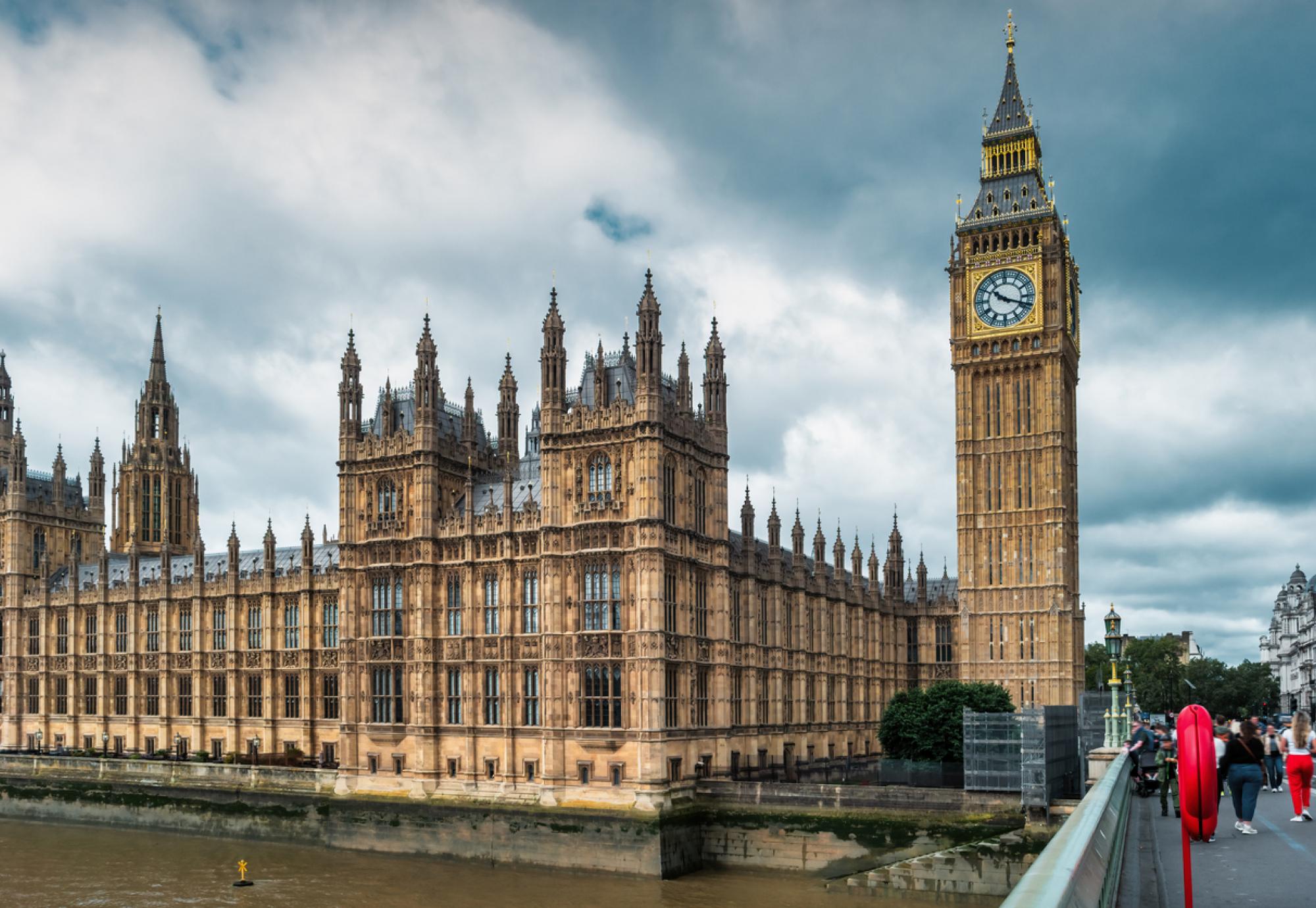A new NHS report has outlined what health and care leaders believe the next government should prioritise, including to almost double capital funding, commit to the NHS long-term workforce plan, and deliver a national health strategy to enable prevention.
The NHS Confederation report says one of the most critical factors for the next government should be to avoid any top-down restructuring in the next parliament as it would be an “unhelpful distraction” from the health service’s key objectives.
Instead, the first 12 months should see a commitment to a short-term stabilisation plan to recover performance in England.
The government must also increase capital spending in England to at least £14.1bn annually – a £6.4bn jump from current levels.
“Run-down and dilapidated building and obsolete equipment are some of the most obvious signs of underinvestment…”
This is so the NHS can carry out the necessary maintenance and repairs to its estate, as well as upgrade equipment and invest in cutting-edge new technology.
The NHS Confederation’s chief executive, Matthew Taylor, says: “Run-down and dilapidated buildings and obsolete equipment are some of the most obvious signs of underinvestment in the health service.
“From hospital buildings being held up with scaffolding to mental health patients being treated in outdated buildings, the NHS is crying out for capital.”
The NHS’s last estates return information collection put the cost of running the NHS estate at £12.4bn during 2022/23. It also said the estimated cost of eradicating backlog maintenance was £11.6bn, which is a 13.6% increase from the previous year.
Taylor adds that without new capital investment, the NHS will be “unable to maximise” breakthroughs in AI and digital technology.
Alongside increasing capital funding, the NHS Confederation says the next government needs to develop a new long-term capital strategy and reform the “convoluted and inefficient in which the capital regime operates.”
As well as a commitment to delivering the NHS long-term workforce plan, a similar plan for social care should be devised.
A shift towards primary, community, mental health, and social care is also advised.
More specifically, the NHS Confederation recommends the Department of Health and Social Care as well as the Department for Levelling Up, Housing and Communities allow for longer-term funding cycles which allow local leaders the ability to plan for the future and innovate.
A framework for which preventative investment across the NHS and local government can be measured, and a reduction in the number of central targets are highlighted too.
A report from The King’s Fund recently said a shift to primary and community care must be at the heart of the NHS if it were to be effective and sustainable. A Patients Association poll also revealed many patients want diagnostics to be accessible closer to their home.
“There is no shortage of analysis and advice about what the NHS needs.”
The fifth priority centres around developing a national strategy for health improvement that tackles the wider determinants of health and the resulting inequalities.
A sub-cabinet committee should be established to back this work and new criteria should be introduced into the Treasury’s green book to assess the impact of spending decisions on the nation’s health.
Leaders also want spending on the public health grant in England to be increased to at least £900m a year.
"Yes, this is about government investment – especially in capital and workforce – but it is also about the government resisting the temptation to waste time and energy on unnecessary reorganisation,” says Taylor.
The NHS Confederation’s chief executive adds that the report is also about helping health leaders deliver on the “long-delayed aspiration” of moving resources into preventative care.
“There is no shortage of analysis and advice about what the NHS needs. This is why we have worked with health leaders across our membership to identify the five most critical priorities for the next government that will set the NHS on a path to recovery and sustainability.”
The report concludes that, more than anything else, the next government must back leaders to make the tough decisions on how best to serve their communities, and treat the NHS as a key driver in growth and prosperity.
Image credit: iStock



















